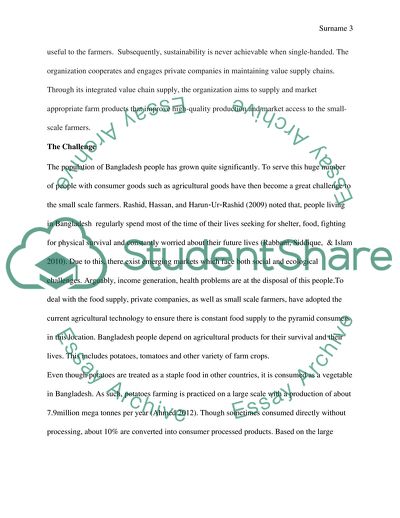Cite this document
(The Sustainability of Potato Farming in Bangladesh Term Paper, n.d.)
The Sustainability of Potato Farming in Bangladesh Term Paper. https://studentshare.org/environmental-studies/1881161-analysis-paper-to-address-sustainability-challenge
The Sustainability of Potato Farming in Bangladesh Term Paper. https://studentshare.org/environmental-studies/1881161-analysis-paper-to-address-sustainability-challenge
(The Sustainability of Potato Farming in Bangladesh Term Paper)
The Sustainability of Potato Farming in Bangladesh Term Paper. https://studentshare.org/environmental-studies/1881161-analysis-paper-to-address-sustainability-challenge.
The Sustainability of Potato Farming in Bangladesh Term Paper. https://studentshare.org/environmental-studies/1881161-analysis-paper-to-address-sustainability-challenge.
“The Sustainability of Potato Farming in Bangladesh Term Paper”. https://studentshare.org/environmental-studies/1881161-analysis-paper-to-address-sustainability-challenge.


